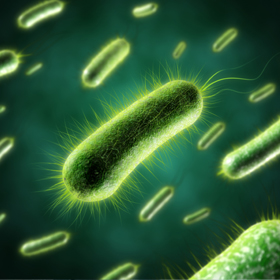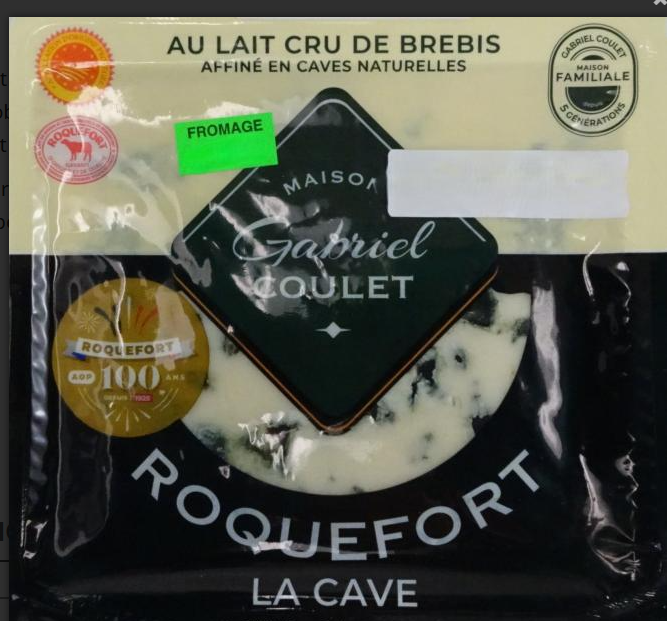A publication in Clinical Microbiology entitled “Zoonotic Escherichia coli and urinary tract infections in Southern California” claims that emerging evidence suggests that animal-derived foods may serve as an underrecognized reservoir for extraintestinal pathogenic E. coli (ExPEC). The study found that approximately 18% of E. coli UTIs were likely attributable to food animals. Individuals living in high-poverty neighborhoods had a 1.6-fold increased risk of zoonotic UTIs compared to those in low-poverty areas. These findings highlight zoonotic transmission as an important driver of UTIs and suggest that reducing ExPEC in food-animal reservoirs could help lower disease burden and address health disparities. Zoonotic ExPEC strains accounted for 18% of UTIs overall, rising to 21.5% in high-poverty neighborhoods. Women had a higher zoonotic proportion than men (19.7% vs 8.5%, P < 0.001). @ https://journals.asm.org/doi/10.1128/mbio.01428-25




